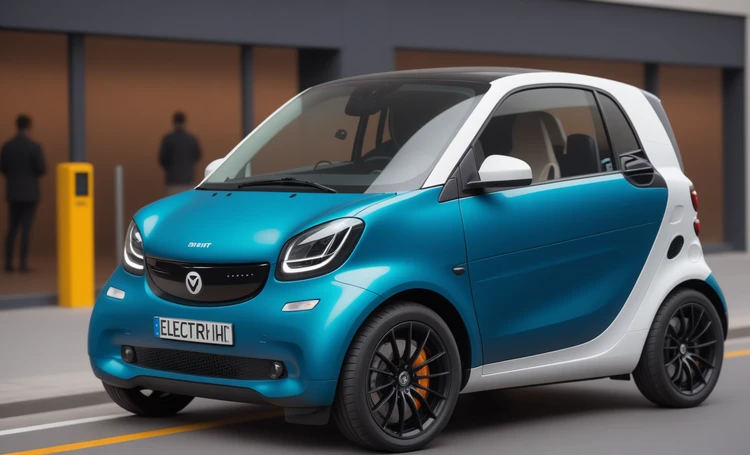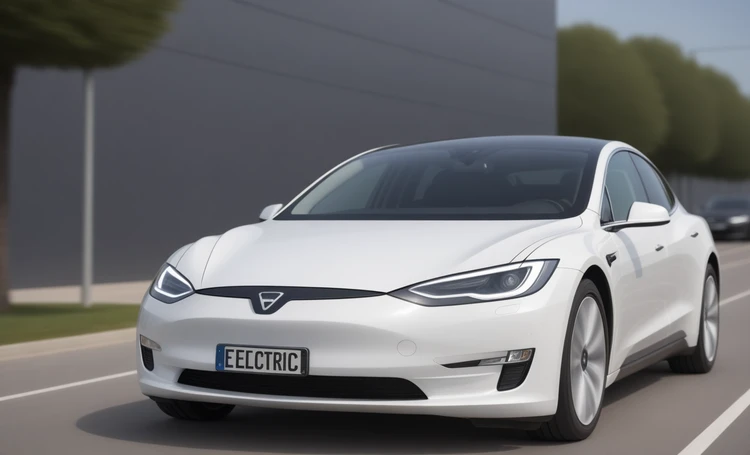🚗 Electric cars: impact on urban infrastructure
With the continued rise in popularity of electric vehicles, many are wondering how this trend will affect city infrastructure. Read more about the impact of electric vehicles on urban roads here. This article will examine key aspects of the interaction of electric vehicles with urban space and infrastructure.
🌱Development of charging infrastructure
Need to expand the charging network
With the increase in the number of electric vehicles, there is a need to develop and expand the network of charging stations. This includes installing fast chargers in urban areas, which requires significant investment and planning.
Integration with urban planning
Charging stations must be integrated into urban spaces in such a way that they are accessible and convenient to use. This requires close cooperation between city authorities, electric vehicle manufacturers and energy suppliers.
Use of renewable energy sources
For sustainable development of electric mobility, it is critical to use green energy to power charging stations. This will help reduce the carbon footprint of electric vehicles.
🚧 Changes in road infrastructure
Rethinking parking space
With the development of electric vehicles, the concept of parking space will also change. Parking lots will need to be equipped with chargers, which will require additional investment and planning.
Traffic Management and Security
Electric cars are generally quieter than conventional cars, which creates new challenges for pedestrian safety. Cities must rethink their approaches to traffic management and road safety.
Synchronization with smart technologies
Integrating electric vehicles with smart city technologies such as smart traffic lights and traffic management systems can significantly improve the efficiency and safety of city roads.
🌿 Impact on the city’s ecology
Reducing noise and pollution
Electric vehicles help reduce noise and air pollution in cities. Thanks to the absence of exhaust gases and low noise levels from engines, the quality of life in urban areas improves.
Green areas and clean air
The use of electric vehicles contributes to the creation of greener and cleaner cities. This opens up opportunities for the development of public spaces, parks, and other recreational areas free from car emissions.
Sustainable urban development
The transition to electric vehicles is an important part of sustainable urban development. This helps reduce our carbon footprint and makes cities more attractive to live and visit.
🌐 Integration with global trends
Compliance with international environmental standards
Electric vehicles help cities meet international environmental standards and carbon reduction targets. This allows cities to be at the forefront of clean technology.
Cooperation with international partners
The development of electric mobility infrastructure opens up new opportunities for cooperation with international partners, exchange of experience and technologies.
Attracting tourists and investors
Cities that actively implement electric vehicles and create convenient infrastructure become more attractive to tourists and investors. This contributes to economic growth and improves the city's image internationally.
💡 Technological innovation and its impact
Development of intelligent transport systems
The integration of electric vehicles with intelligent transport systems opens up new horizons for managing city traffic. Using data from electric vehicles helps optimize traffic and reduce congestion.
Innovation in Energy Efficiency
Advances in electric vehicle technology are leading to improvements in their energy efficiency. This includes increased range per charge and reduced charging time.
Interaction with other modes of transport
Electric vehicles fit perfectly into the concept of multimodal transport, where they can be effectively combined with public transport, bicycles and pedestrian areas.
📊 Economic effect of switching to electric vehicles
Reducing transport maintenance costs
Electric vehicles have fewer moving parts than traditional vehicles, resulting in lower maintenance and repair costs. This has a positive economic impact on both individual users and urban transport systems.
Increasing jobs in green technology
The development of electric vehicle infrastructure creates new jobs in green technology, including the production and installation of charging stations, as well as the development and maintenance of new technologies.
Increasing attractiveness for investment
Cities that actively develop electric vehicle infrastructure become more attractive to investors interested in sustainability and innovation. This promotes capital inflows and accelerates economic growth.
🌍 Global impact and future prospects
Contribution to global emissions reduction
The transition to electric vehicles in cities is essential to global efforts to reduce greenhouse gas emissions. It is a key element in combating climate change and protecting the environment.
Development of international cooperation
The development of electric vehicle infrastructure opens up new ways for international cooperation, exchange of experience and technologies between countries and cities.
Prospects for further innovation
Growing interest in electric vehicles is driving innovation in the areas of energy, battery technology, automation and digitalization. This paves the way for the development of new, more efficient and environmentally friendly transport solutions.




